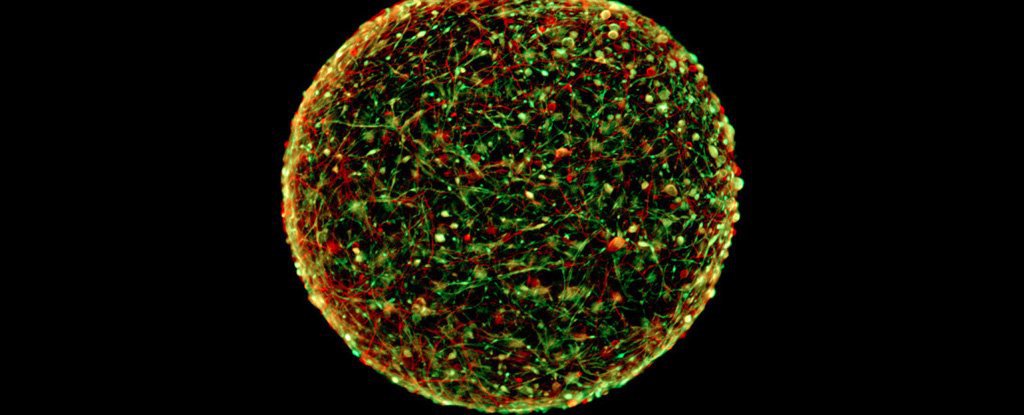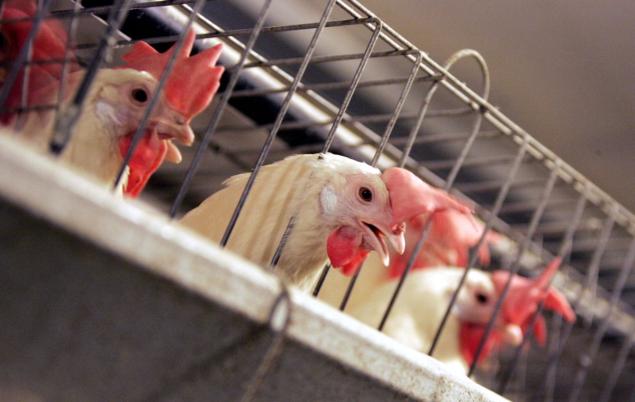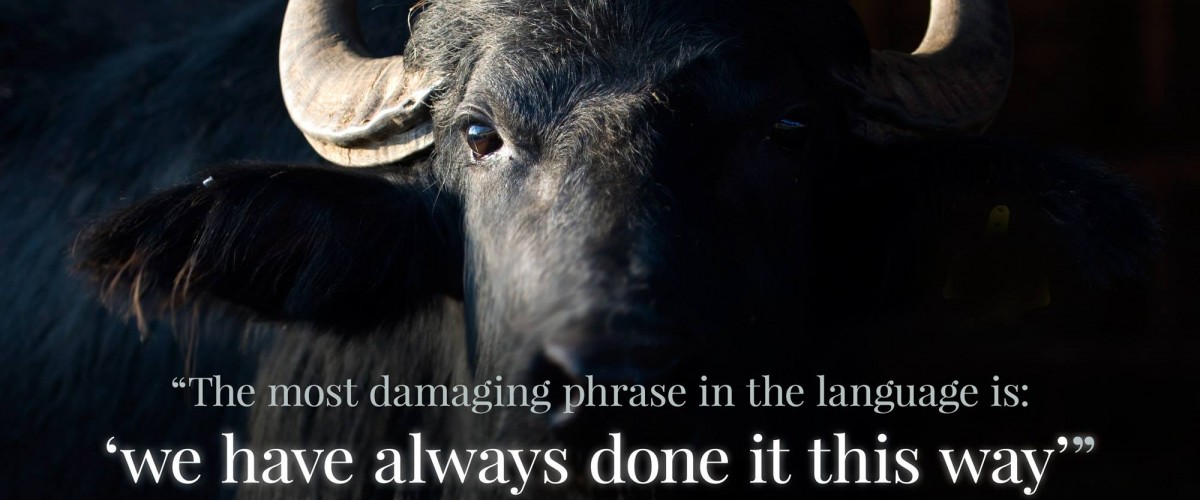#TheBigRescue: What your pet has to say about shelter life #video [#geekgirl]
Lab-grown ‘mini-brains’ could help replace #animal #testing [#geekgirl]

Researchers in the US have developed tiny, partly functional ‘mini-brains’ in the laboratory, grown from human cells. These tiny replicas won’t only give scientists a better way of testing drugs – they could also help save huge numbers of animals from enduring the hardship of experimental tests.
Official figures suggest more than 800,000 animals are used in experiments every year in the US alone, and that’s not counting animals used in agricultural experiments, nor an estimated 100 million mice and rats also used in testing annually. If these mini-brains – which are expected to enter production in 2016 – can replace even a fraction of those numbers, it’s a win for animals, and should deliver better results for scientists at the same time.
Source: Science Alert
DO NOT USE PRODUCTS THAT USE ANIMALS FOR RESEARCH & TESTING.
Peter Singer: McDonald’s rattles the hen cage #eggs #freerange [#geekgirl]

Peter Singer has written an opinion piece for the New York Daily News. He cites a victory for cage birds, one he has been fighting for at least forty years! Here is a snippet of that piece with a link to read the full article…
” The hens that produce our eggs are surely the most closely confined, overcrowded and generally miserable animals in America. According to the U.S. Department of Agriculture, more than 93% of them are kept in cages. The standard cages are so small that even if just one bird were alone in a cage, she could not fully stretch her wings.
But these cages don’t hold just one bird. They frequently hold four, five or six birds.
For a year or 18 months, the hens never get out of their cages, and when they do, it is only to be killed. By that time, most of their feathers may have been rubbed off against the wire, leaving their skin red and raw.
The weaker hens are unable to escape more aggressive birds, who would peck them to death, except for the fact that producers routinely cut off the point of all the birds’ beaks with a hot blade, a procedure that causes acute pain.
This is the world we created for other sentient beings, and it is a world that we have a responsibility to change.
Forty years ago, I described the way we keep chickens — empathic and remarkably intelligent creatures — as one of the worst ways in which we ruthlessly exploit animals in order to buy their products for a few cents less. Since then, animal welfare organizations around the world with millions of dedicated supporters have been campaigning against the cages.
A few years ago, they had an important victory when the entire European Union — 28 countries, from Germany to Greece and from Spain to Poland — prohibited the standard cages still used in the United States. This year, despite fierce lobbying and court challenges by the egg industry, California required that hens have more space.
On Tuesday came what might be the biggest victory yet: McDonald’s announced that it will stop using eggs from caged hens in the U.S. and Canada.”
Source: NYDN
The most damaging phrase in the language is: we have always done it this way. #gracehopper [#geekgirl]

The world’s biggest slaughter festival will be transformed into a “celebration of life” is proof that courage and compassion can overcome cruelty steeped in tradition.
Read more about this incredible news:www.AnimalsAus.org/tby
Transformations really do happen #compassionwins
